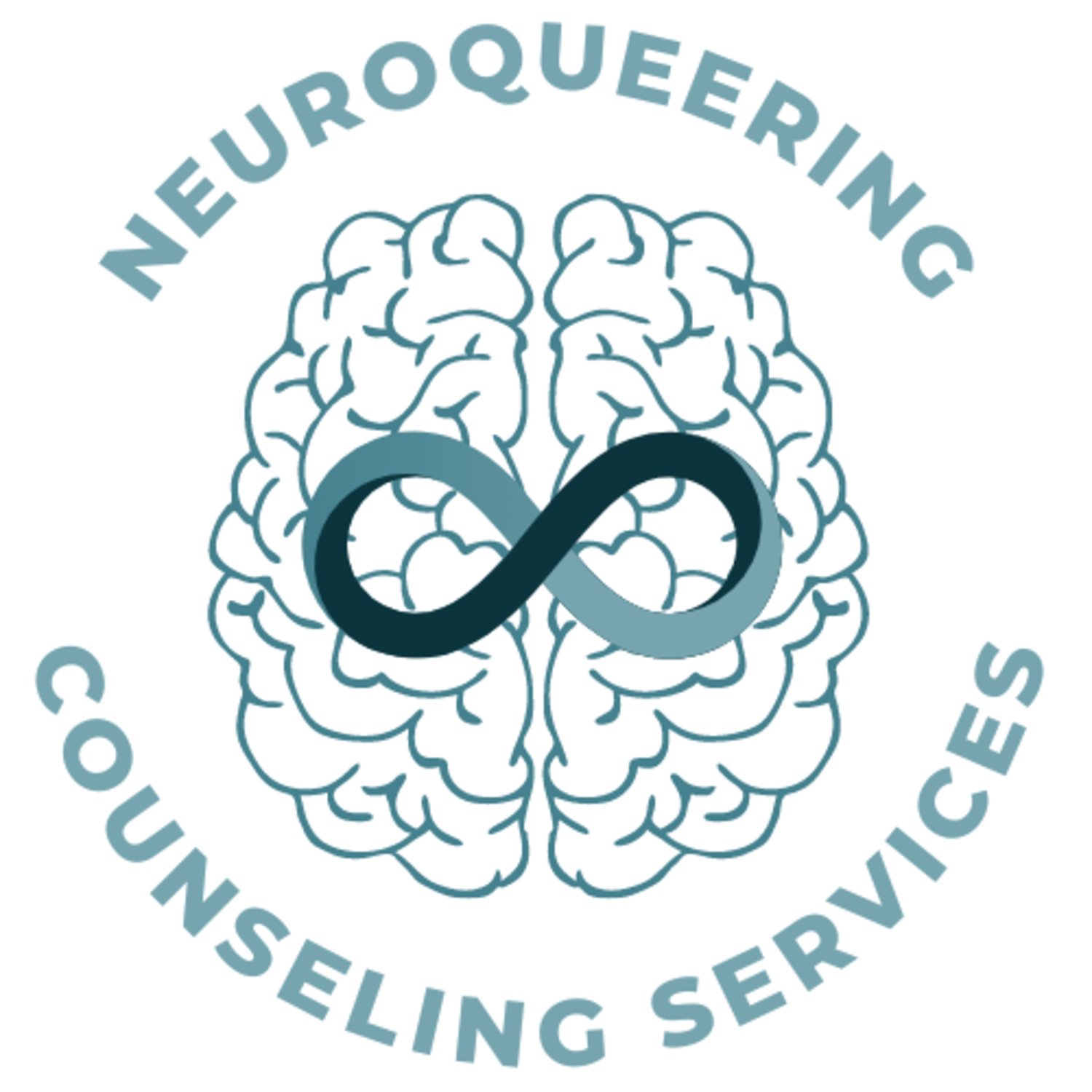
Blog

Navigating OCD and Religious Trauma with Trauma-Informed I-CBT and ACT
Understanding Your Story and Finding a Path Forward
If you haven’t already, consider reading our guest blog post on the Paths Uncharted blog, which explores how moral or religious obsessions— also known as “scrupulosity”— and religious trauma can interact to intensify Obsessive-Compulsive Disorder (OCD): “Caught Between Conscience and Compulsion: Understanding Scrupulosity, OCD, and Religious Trauma.”
Living with moral or religious obsessions can feel like a constant tug-of-war between fear and reason. From an Inference-Based Cognitive Behavioral Therapy (I-CBT) perspective, OCD is not about perfectionism or being “too careful”— ultimately, OCD is a disability about inference and doubt. It begins when the mind makes a faulty leap, treating an imagined possibility (“What if I lied without realizing it?”) as if it were real. Compulsions and mental rituals may feel like solutions, but they only strengthen the OCD cycle, deepening your doubt even further.
While I-CBT helps you challenge OCD’s false inferences, Acceptance and Commitment Therapy (ACT) offers the next step: learning to notice thoughts without judgment and live by your deepest values, even when OCD attacks them. Instead of letting fear or shame dictate your choices, ACT empowers you to act from authenticity, creating freedom and resilience even in the presence of doubt.
Layered on top of this, religious trauma can heighten vigilance and shame, making obsessional doubts feel even more convincing. The result is an exhausting cycle of fear-driven conclusions, compulsions, and self-doubt that can affect daily life, relationships, and overall well-being.
Hi, I’m Mx. Lauren Johnson (he/him), a queer, neurodivergent therapist specializing in OCD, C-PTSD, and AuDHD. My approach is shaped by both professional training and lived experience— including my own journey navigating OCD, religious trauma, and neurodivergence. I provide secular, trauma-informed care, helping clients separate OCD’s false inferences and feared possible selves from their authentic values, and learn to respond to doubt without compulsions or rituals.
This post focuses on practical strategies for managing OCD and religious trauma using approaches like trauma-informed I-CBT and ACT. For more about my work with OCD, visit the OCD Therapy page.
Want to read more? Click here for the full blog post.
